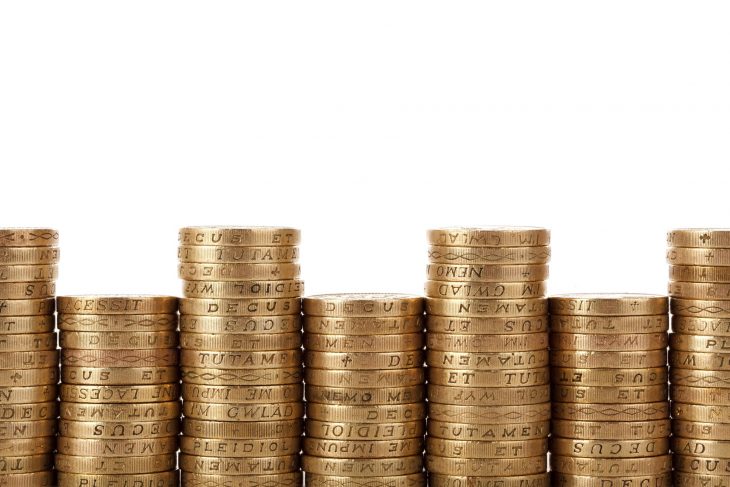What is a cryptocurrency?
Cryptocurrency is a digital asset that can be used to pay for things. Its value is determined by the supply and demand of its users. It is not based on any intrinsic value and can be transferred, stored, and traded electronically.
Do you pay tax on cryptocurrency in the UK?
The answer depends on if you own the cryptocurrency or if you own them via a business. If you own them personally you may have to pay capital gains tax. If you trade crypto as a business, you will be subject to income tax rules. Generally, if a transaction involves the disposal of crypto assets, it triggers taxes.
Capital Gains Tax on Cryptocurrency
If you own your cryptocurrency personally, you may have to pay capital gains tax. Capital gains are computed as the difference between the price of your cryptocurrency and the amount you sold it for. They are also known as CGT.
There is an exception to paying CGT, you only have to pay CGT if you go over your annual allowance which currently stands at £12,300 for the 2021-2022 tax year.
For UK residents, the capital gains tax on cryptocurrency transactions is taxed at 10% for the basic rate (up to £37500), up to a maximum of 20%.
Income Tax on Cryptocurrency
If you trade crypto as a business, you will be subject to income tax rules, especially if a transaction involves the disposal of crypto assets. A disposal is a process involving the removal of crypto assets.
It can be done in various ways such as selling the crypto assets for money, exchanging crypto assets for a different type, using them to pay for good or services or gifting them to another person
Ways to minimise the tax you pay on cryptocurrency
If you exceed your tax-free limit, there are several things you could consider helping minimise the tax due on your cryptocurrency gains such as utilising losses or transferring ownership to a spouse.
Utilise losses – If the overall gain exceeds the annual allowance, then it might be wise to sell some of your crypto assets to reduce the tax bill. Generally, if the total gain exceeds the annual allowance, then it should be sold at a loss.
Transfer to Spouse or Civil Partner– Currently, assets can be transferred between spouses without triggering CGT. This means if you transfer to your wife, husband, or civil partner both of your CGT allowances are used.
Reporting Cryptocurrency Gains to HMRC
You should report to HMRC after the end of the tax year. You may need to register for self-assessment with HMRC if you do not currently have a UTR number. This can be done through the HMRC website. The UK tax year runs from 6th April to 5th April the following year. Electronic returns need to be filed on 31 January by midnight and paper returns are due by 31 October at midnight.
If you need any help or advice with cryptocurrency tax, please get in contact with us and we will be happy to help.









Recent Comments